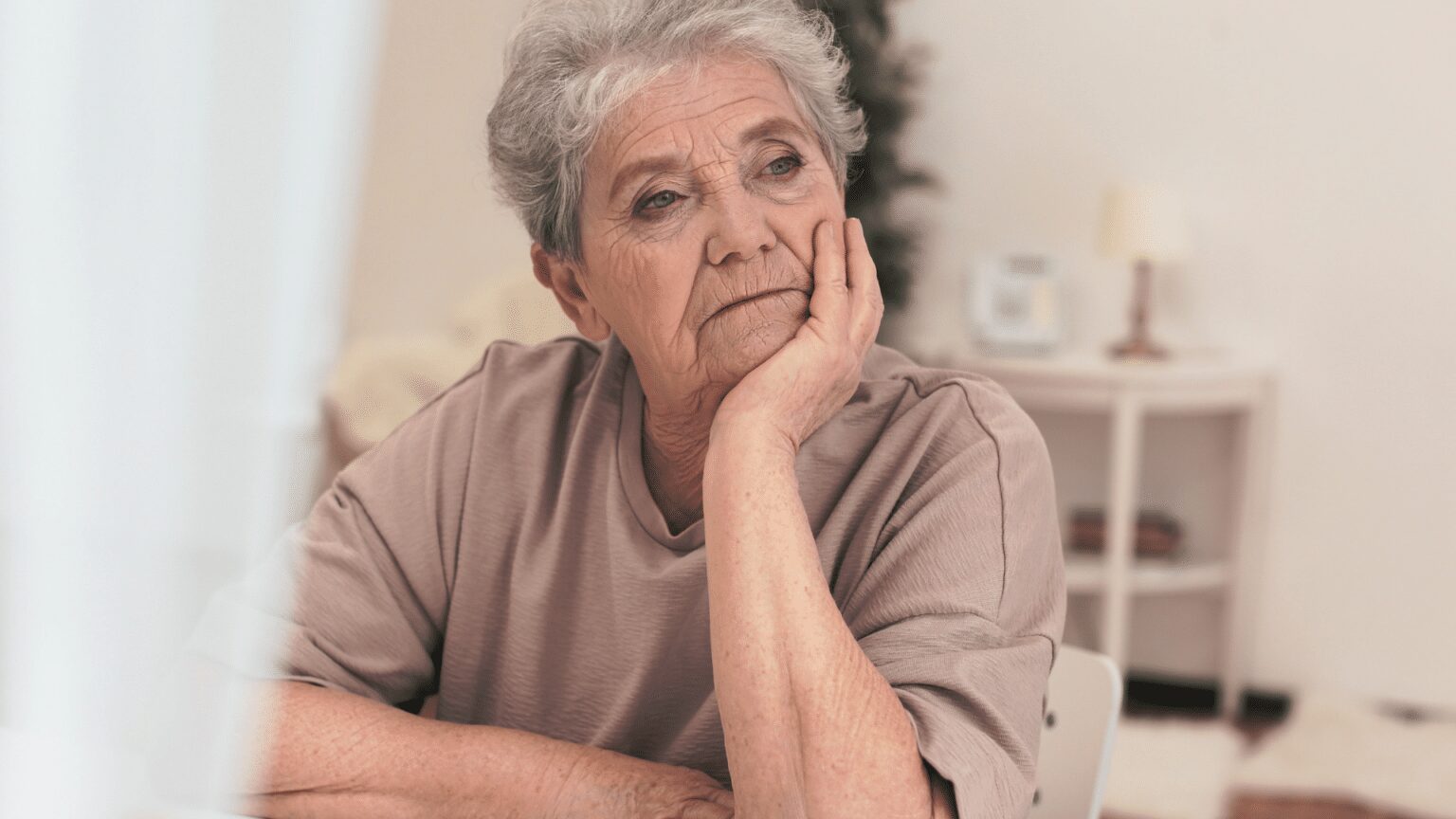With the rise of nuclear families, many seniors feel neglected without anyone to talk to. In addition, they think more reliant and less active due to illnesses including diabetes, arthritis, heart conditions, high blood pressure, and pains and aches.
According to WHO, “The percentage of the global population over 60 years old will nearly double, from 12% to 22%, between 2015 and 2050”. As important as they are at any other stage of life, mental health and well-being are crucial as we become older. 6.6% of the total disability (DALYs) for older individuals is attributable to mental and neurological illnesses. Approximately 15% of persons 60 and older have a mental illness.

Staff members at the Postgraduate Institute of Medical Education and Research, Chandigarh, department of psychiatry’s weekly geriatric clinic devote their time and expertise to senior citizens every Thursday, listening to their concerns about their mental health, encouraging them to speak up, and helping them feel at ease approaching the doctor. According to studies conducted by the department over the past three years, there are more males than women experiencing mental health concerns among their older population, according to Dr. Aseem Mehra, assistant professor of psychiatry.
Factors affecting the mental health of older people
According to Dr. Mehra, with the increase of nuclear families, many seniors feel neglected and alone, and illnesses like diabetes, arthritis, heart conditions, high blood pressure, and pains and aches make them think more reliant and less active.
Many senior people travel from outside the city; it is simpler for them to come on a specific day and meet their doctors without having to wait for too long. Therefore people understood the need for an entire facility for the elderly, who might not receive the attention they deserve. We must also keep in mind the social conditions that lead to more males than women receiving aid. A wife might hurry a sick husband to the hospital, but many women might not even be aware that they are ill.
According to Dr. Mehra, the leading causes of depression, anxiety, sorrow, and stress in the elderly are illnesses, loneliness, being separated from family and kids, feeling unworthy after retiring, financial concerns, and a lack of physical, social, and mental activity. With the rise of nuclear families, many seniors think they are neglected and without anyone to talk to. In addition, they feel more reliant and less active due to illnesses including diabetes, arthritis, heart conditions, high blood pressure, and pains and aches.
Except for headache disorders, more than 20% of adults aged 60 and older have a mental or neurological disorder, and these conditions are responsible for 6.6% of all disabilities (measured as disability-adjusted life years, or DALYs) among those over 60. These conditions account for 17.4% of years lived with disability in older individuals (YLDs). Dementia and depression, which afflict roughly 5% and 7% of the world’s senior population, respectively, are the most prevalent mental and neurological problems in this age group. 3.8% of older adults have anxiety disorders, 1% have substance use issues, and almost a quarter of suicide deaths occur in people 60 and older. Substance abuse issues in elderly persons are commonly disregarded or incorrectly diagnosed.

The solution for problems with mental health
According to the doctor, the treatment includes counseling, medication, behavioral therapy, and family support. It also calls for regular follow-up visits and a change in lifestyle, including optimistic thinking, exercise, a healthier diet, and the time and patience of family and friends. The primary caregiver is typically the spouse, followed by the children.
The general medicine and general surgery departments of the PGI frequently refer senior individuals experiencing pain, digestive problems, exhaustion, and lethargy to the department of psychiatry because these conditions are difficult to diagnose even after thorough tests.
Every individual has a unique way of handling stress, and we make an effort to evaluate each person in light of their unique personality. Stress and emotional difficulties can emerge in a variety of ways. As the patient’s first point of contact and an essential component of treatment, the primary care physician plays a crucial role in this situation.
Many people referred to the psychiatry department by other departments claimed they had no illness and were only here because the doctor asked them to seek counseling, according to a recent study by the department on psychosomatic disorders.
Dr. Mehra suggests the following basic exercises to keep the brain engaged and functioning in a variety of ways:
- Play games like ludo, snakes, and ladders to train your brain to count, distinguish colors, and plan actions.
- Play Sudoku and crossword puzzles.
- Take a variety of beans, such as chana, rajma, range, etc., and sort them.
- Give the elderly a variety of colored dishes and instruct them to distinguish between them.
- Recall value can be used to get the brain going. Take old photos, ask the elderly to identify the individuals in them, and ask about the situation, the setting, the date, etc.
READ MORE:
https://tdznkwjt9mxt6p1p8657.cleaver.live/state-to-monitor-inter-faith-marriages-after/
https://tdznkwjt9mxt6p1p8657.cleaver.live/zelensky-is-in-the-u-s-hope-for-ukraine/













